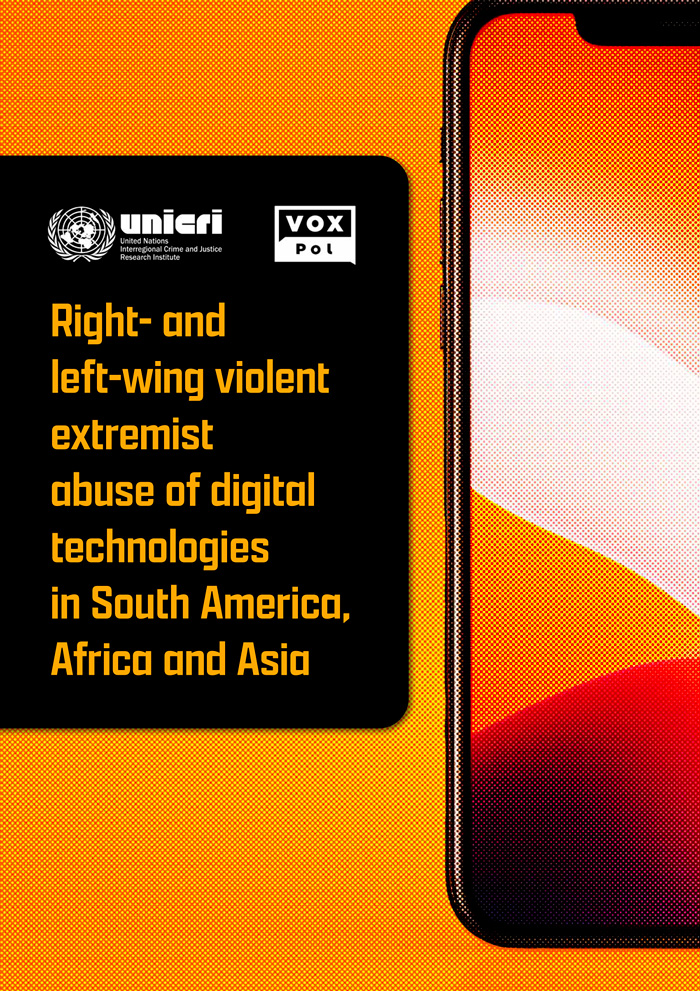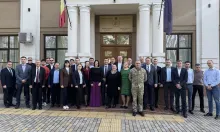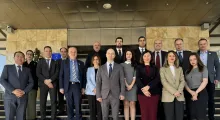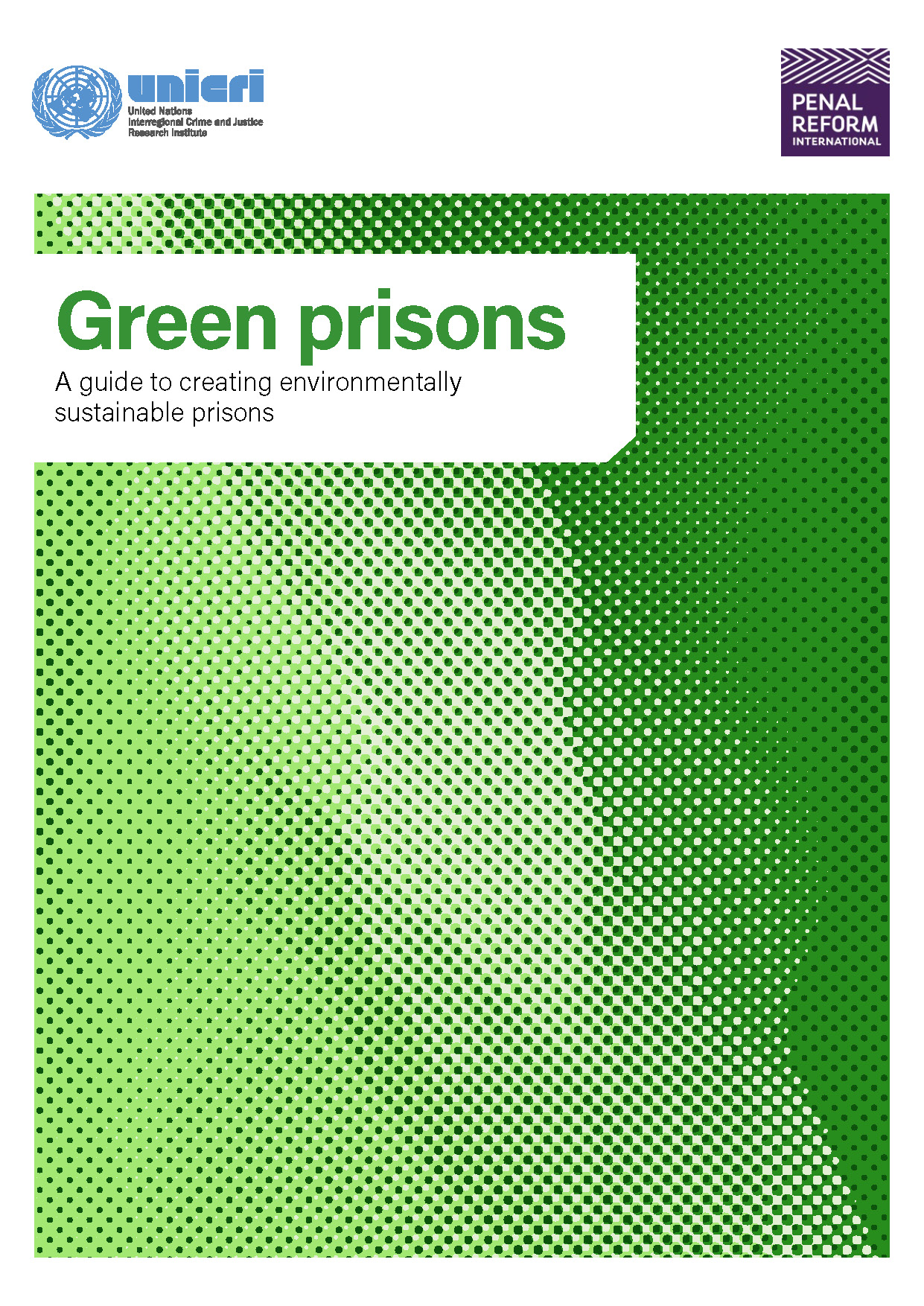Closing Event: Strengthening Gender-Responsive Approaches to Preventing Violent Extremism in the Sahel
On 9 April 2025, in Nouakchott, Mauritania, UNICRI held the closing event of its project Gender-Based Discrimination and the Prevention of Violent Extremism (PVE) in the Sahel, generously funded by the Republic of Korea through the Korea International Cooperation Agency (KOICA).









